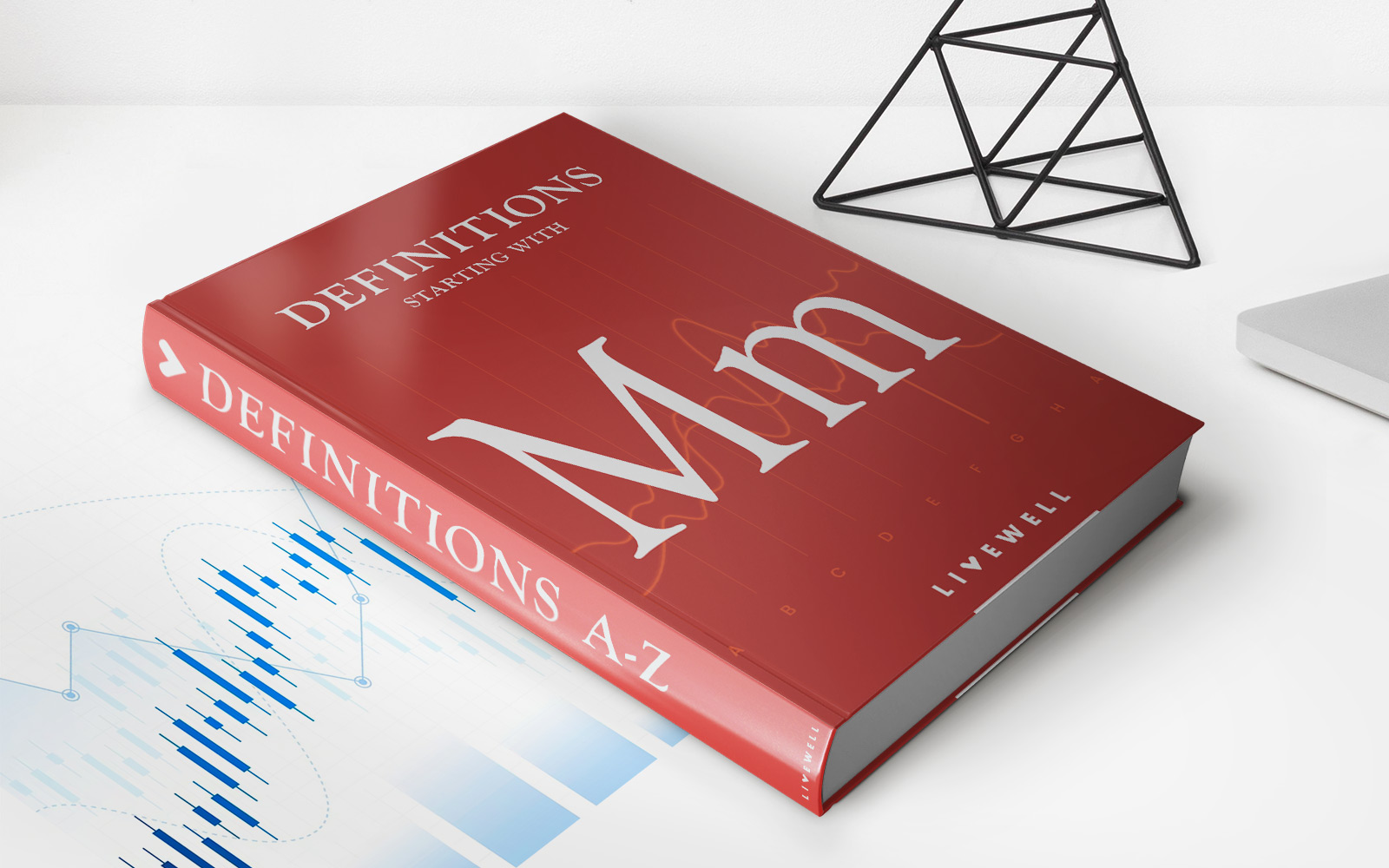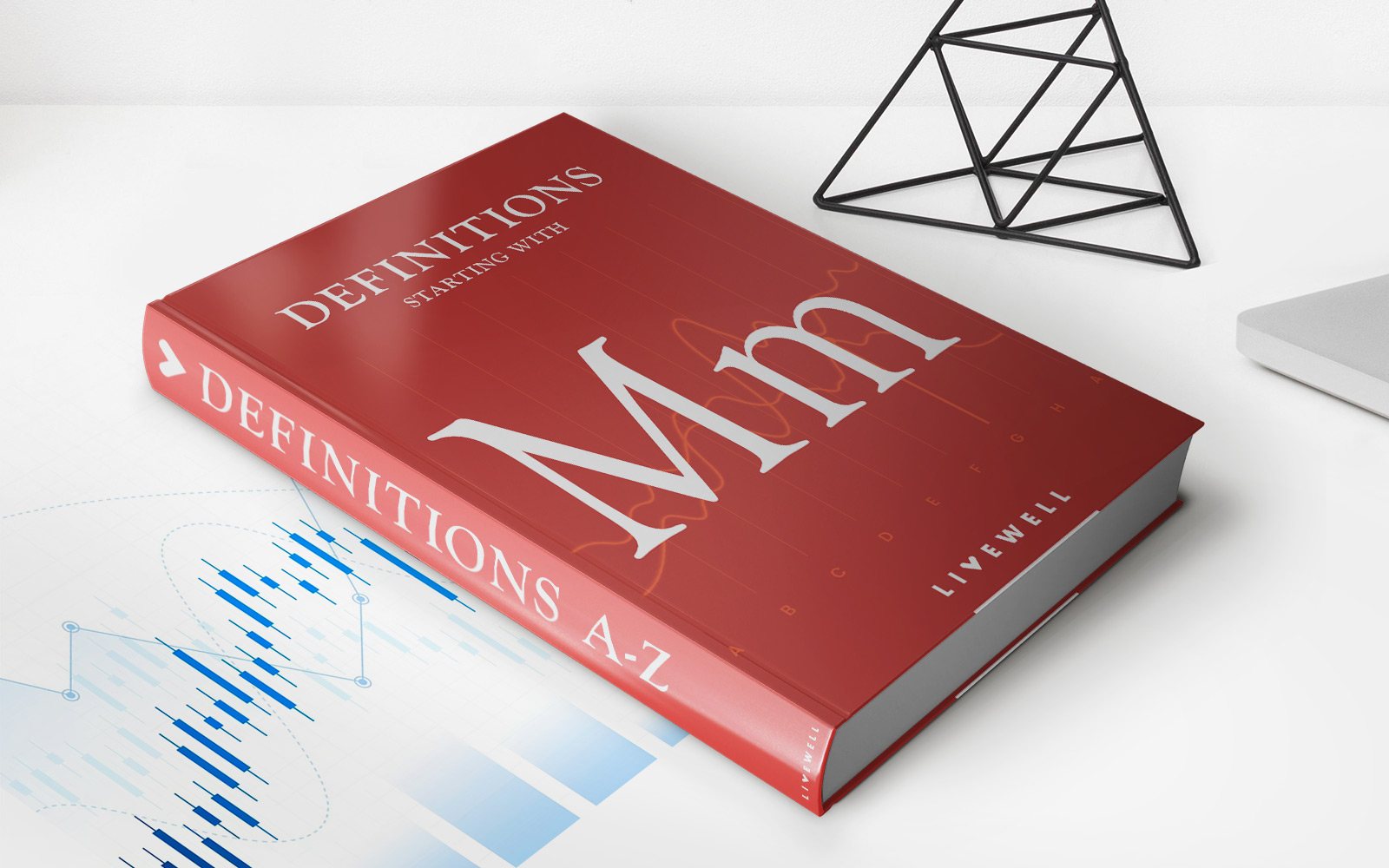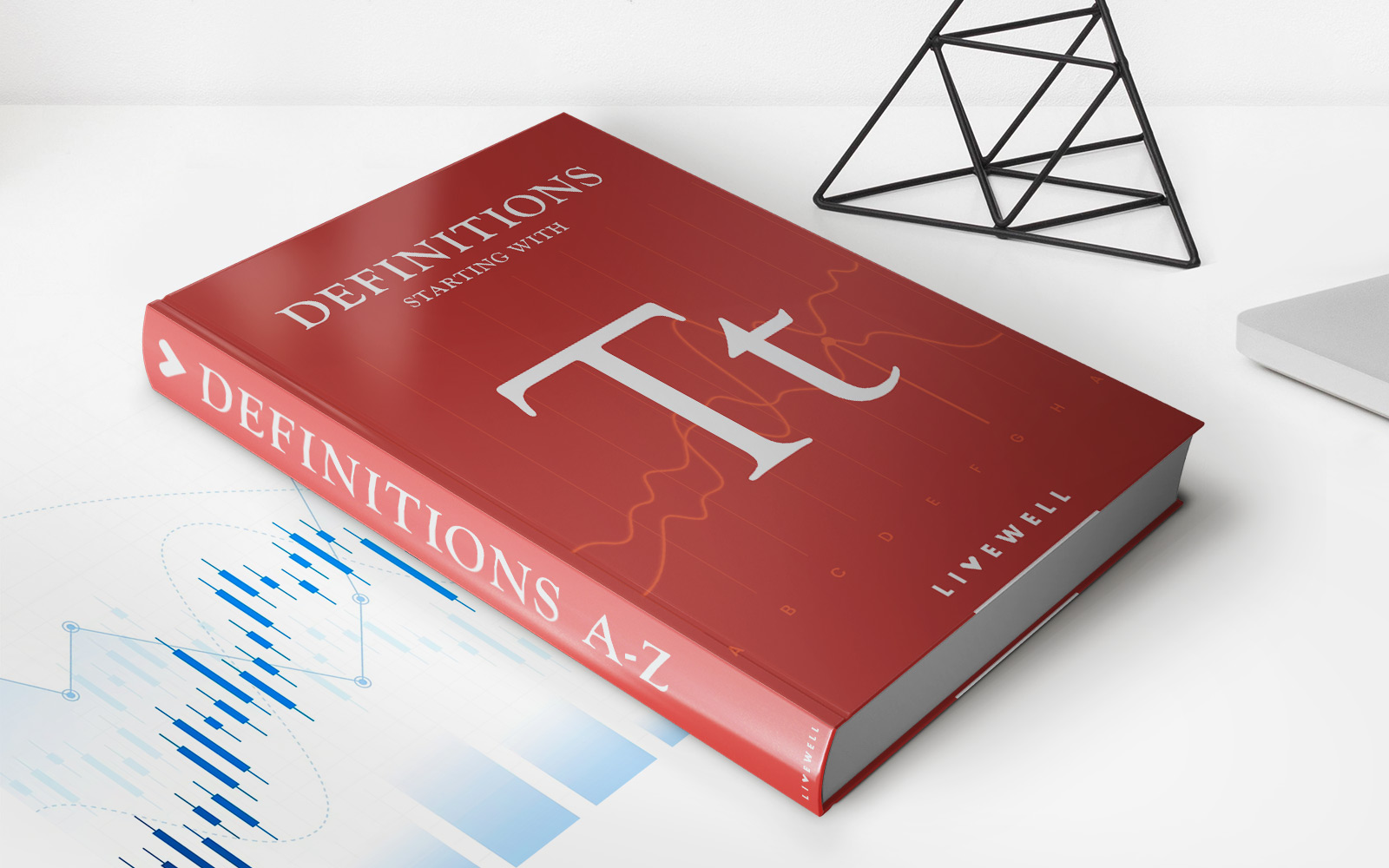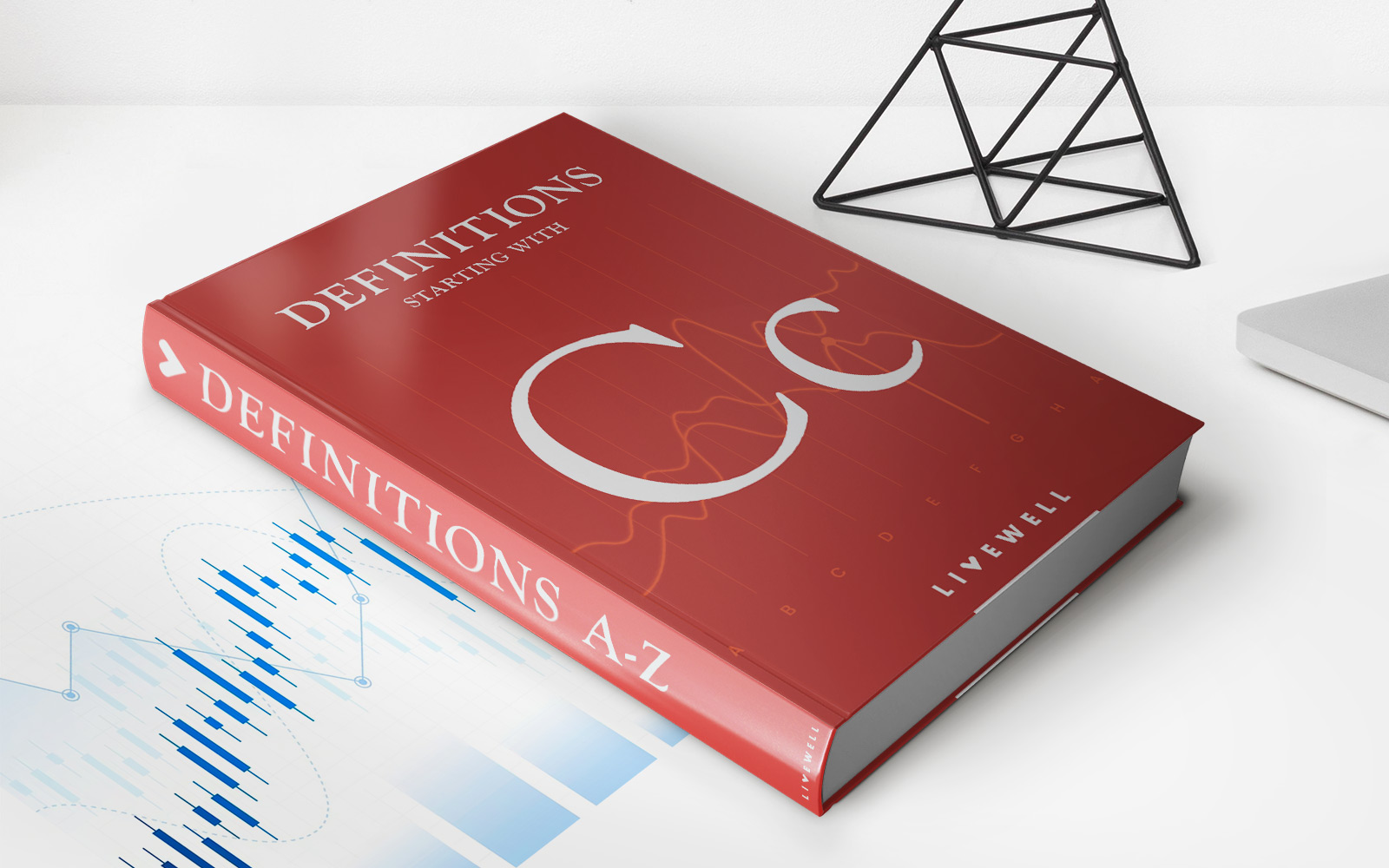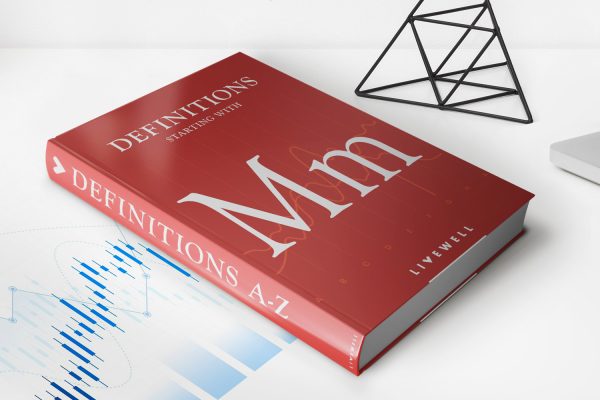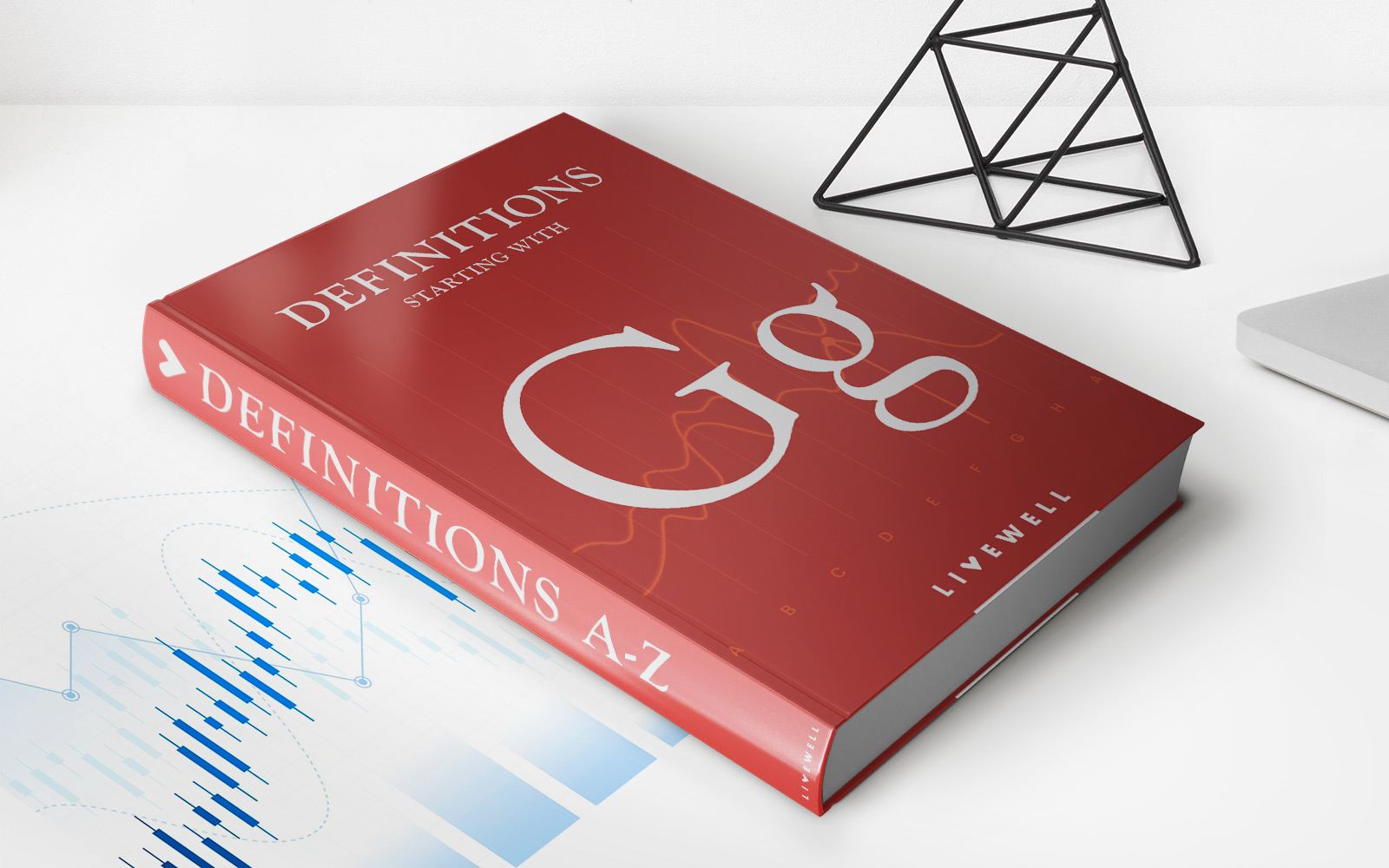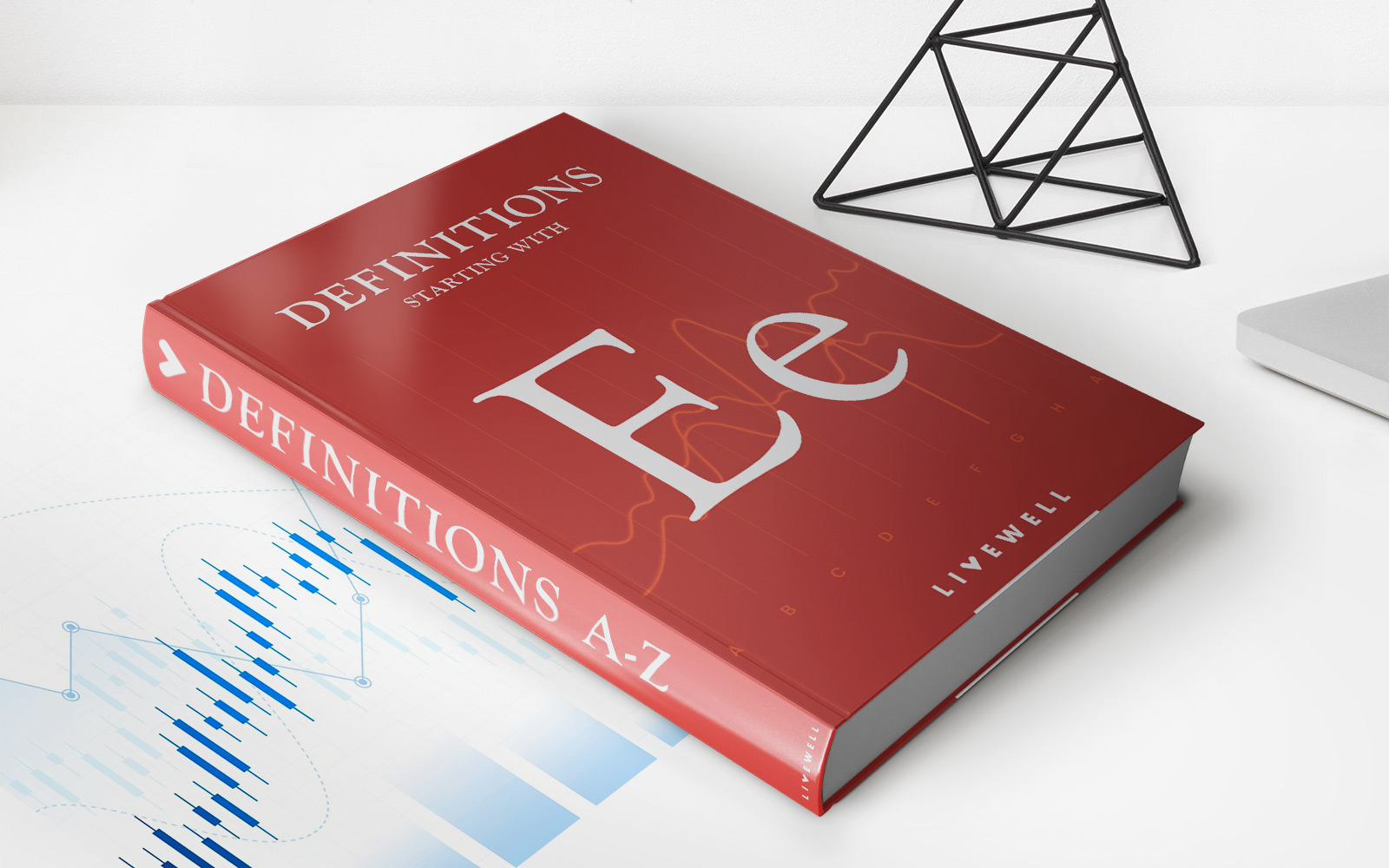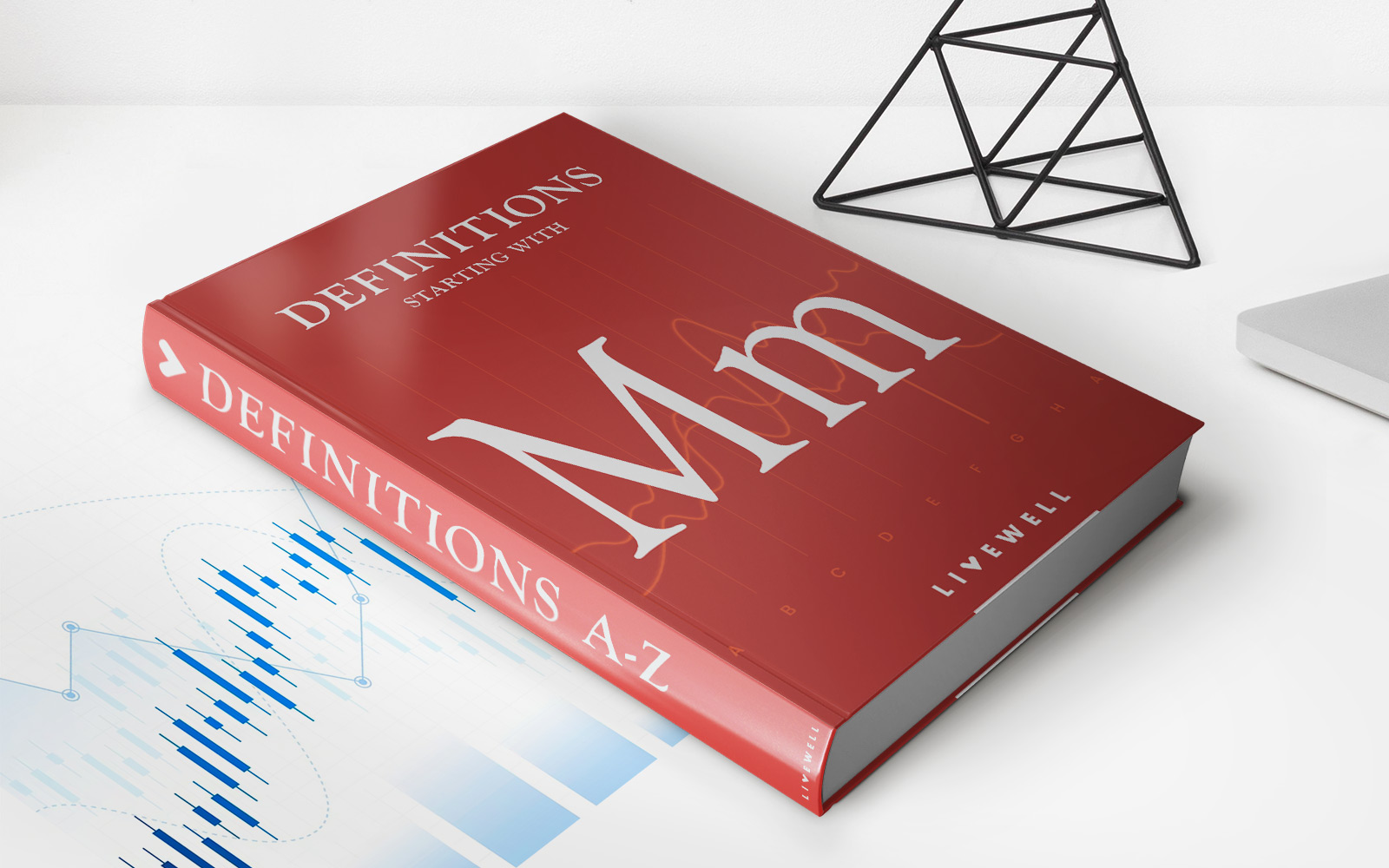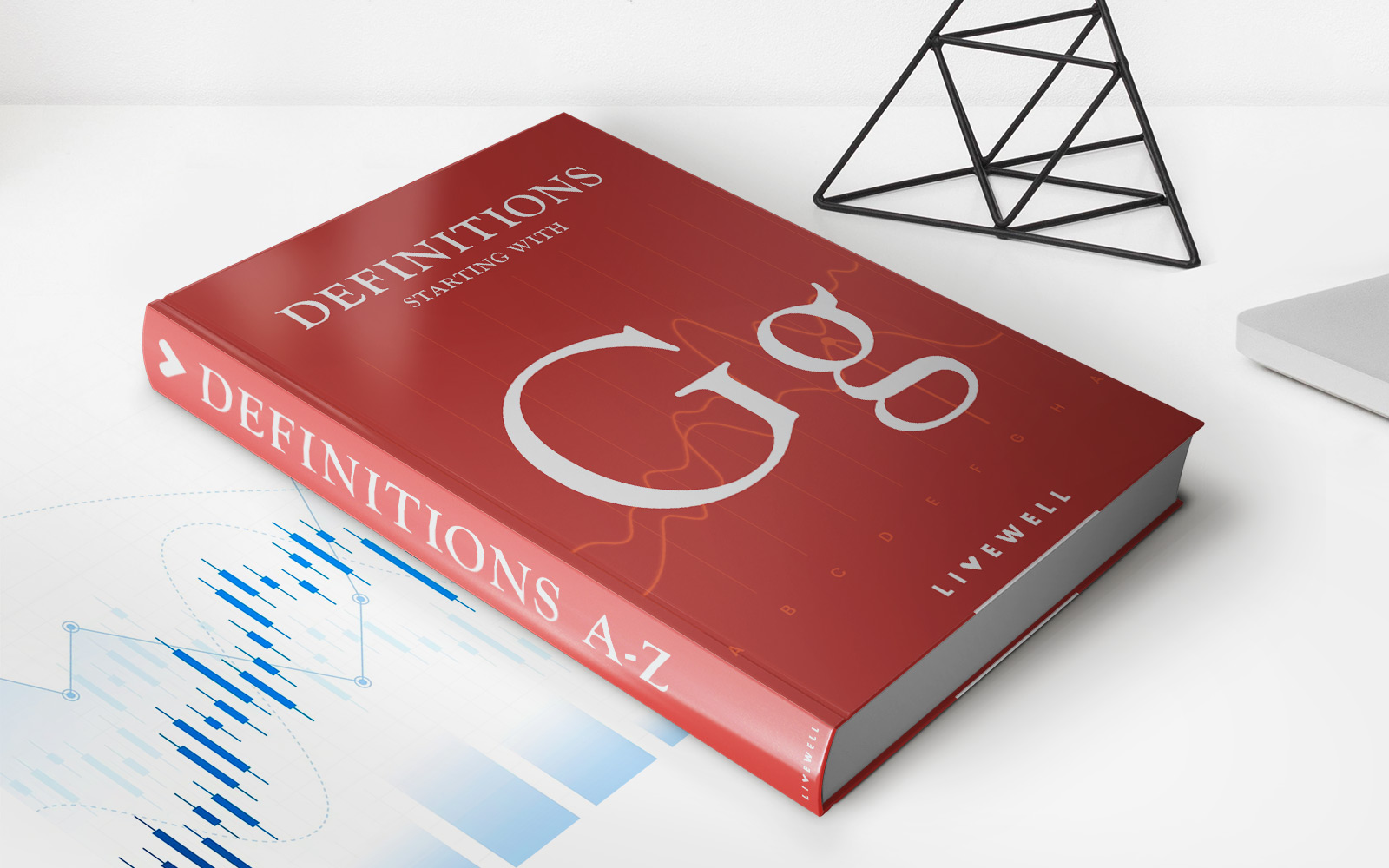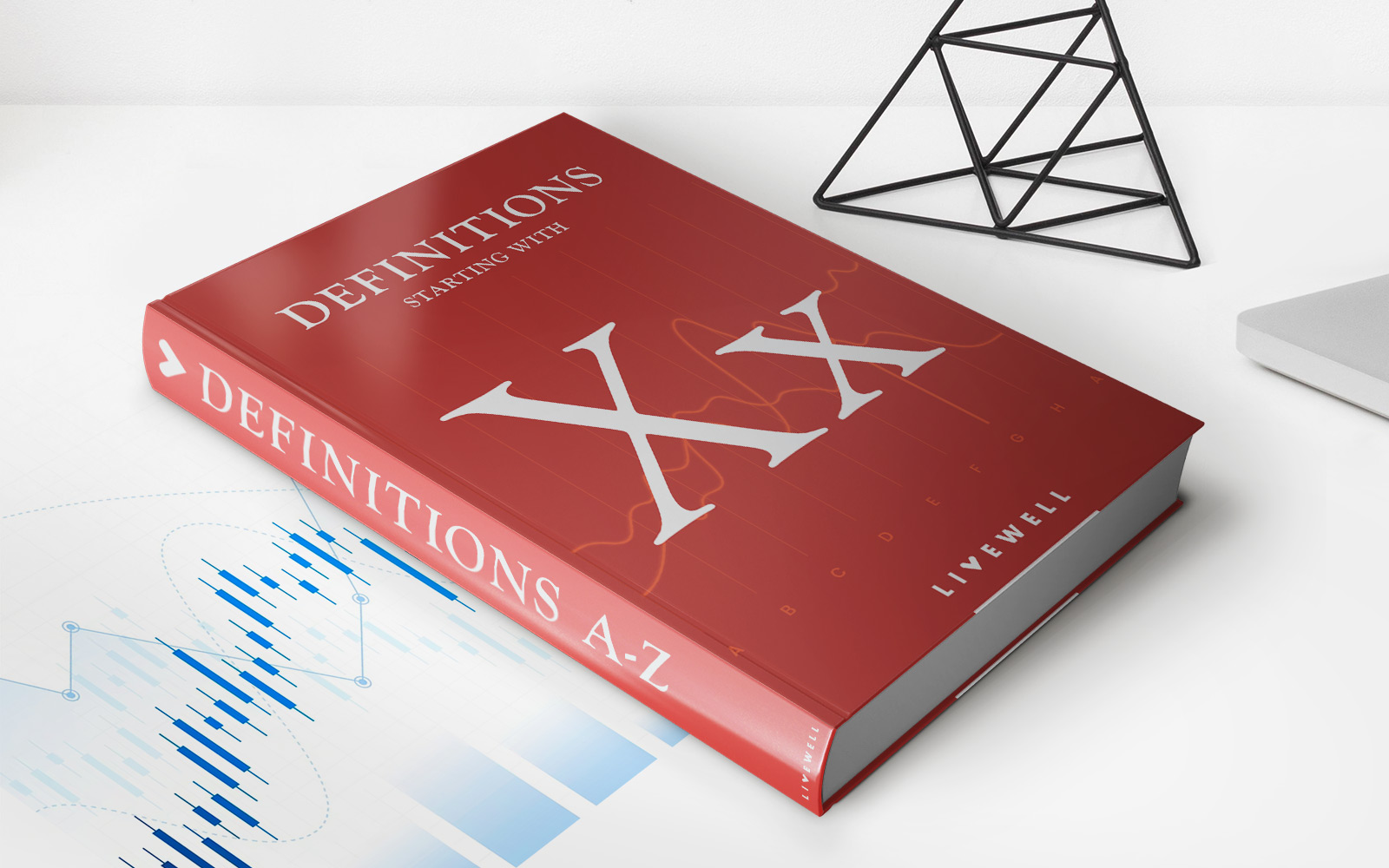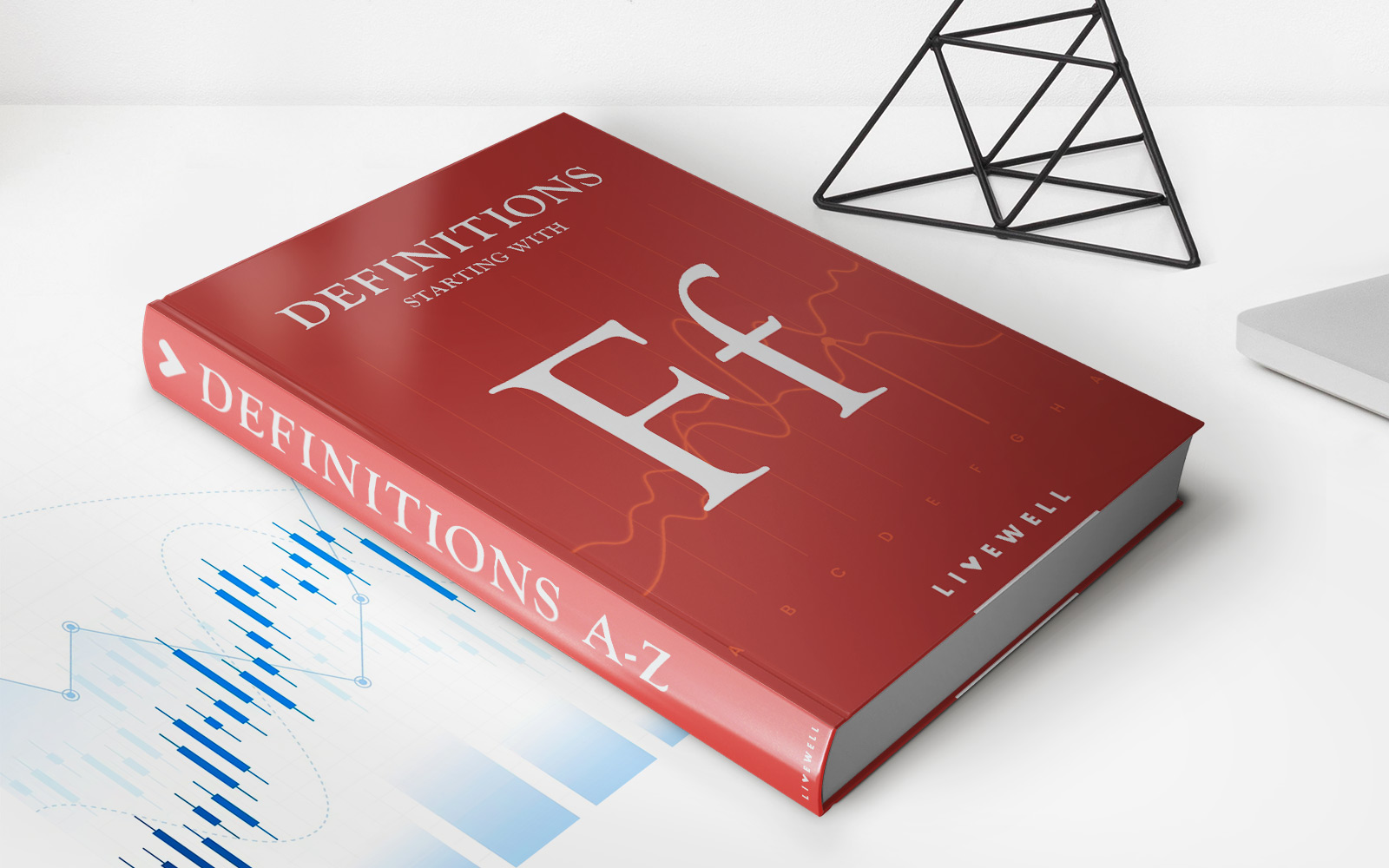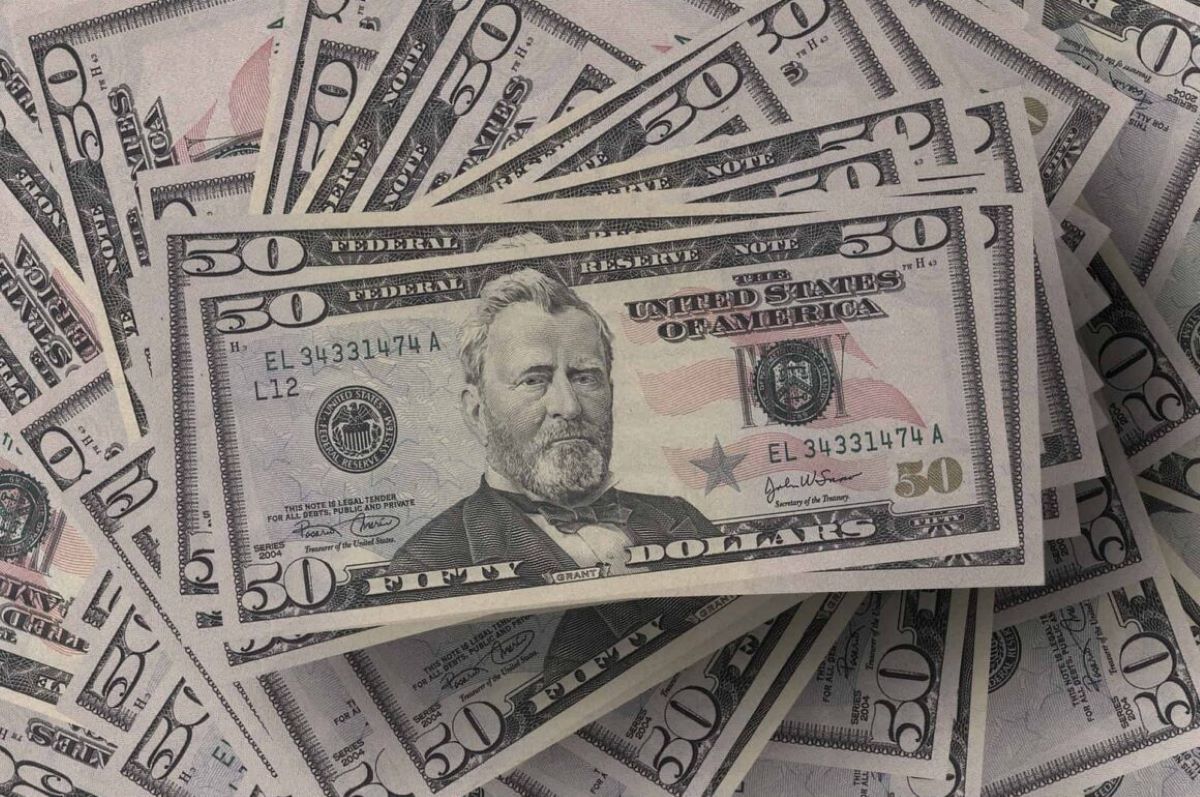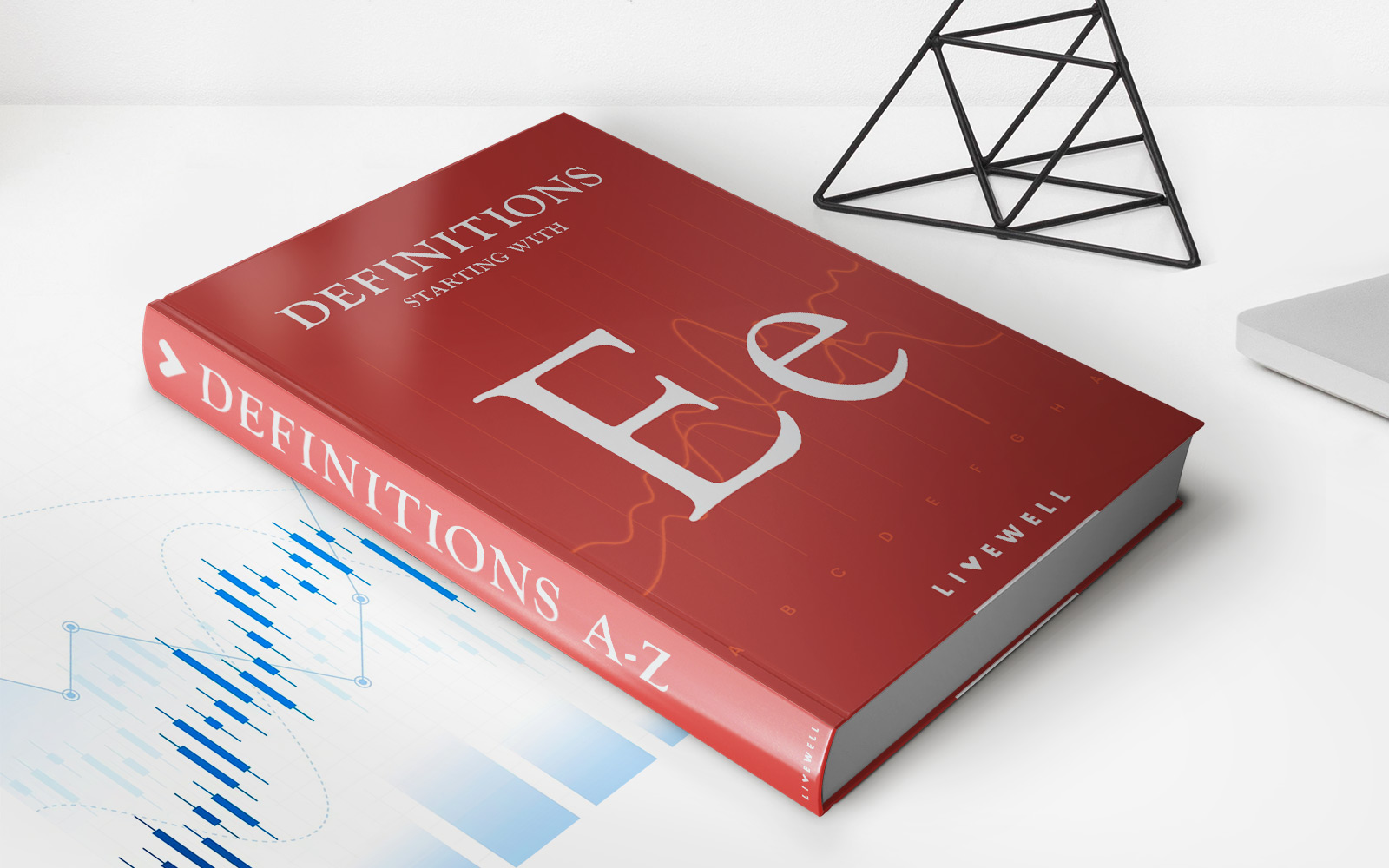

Finance
Eurozone Definition, History, Member Countries
Published: November 20, 2023
Learn about the Eurozone, its finance-related history, and the member countries. Gain insights into the financial aspects of this influential economic union.
(Many of the links in this article redirect to a specific reviewed product. Your purchase of these products through affiliate links helps to generate commission for LiveWell, at no extra cost. Learn more)
What is the Eurozone?
The Eurozone is a term that refers to a group of countries that have adopted the euro as their official currency. This monetary union allows for easier trade and travel within the participating nations. In addition to the shared currency, member countries of the Eurozone also adhere to certain economic policies and regulations, helping to create a more stable financial environment in the region.
History of the Eurozone
The idea of a common currency among European countries dates back to the late 1940s, but it wasn’t until the signing of the Maastricht Treaty in 1992 that the groundwork for the Eurozone was laid. The treaty established the European Union and set out the criteria for countries to join the monetary union.
Member Countries
As of 2021, there are currently 19 member countries in the Eurozone. These countries are:
- Austria
- Belgium
- Cyprus
- Estonia
- Finland
- France
- Germany
- Greece
- Ireland
- Italy
- Latvia
- Lithuania
- Luxembourg
- Malta
- Netherlands
- Portugal
- Slovakia
- Slovenia
- Spain
Key Takeaways
- 1. The Eurozone is a group of countries that have adopted the euro as their official currency.
- 2. The Eurozone was established with the signing of the Maastricht Treaty in 1992.
By joining the Eurozone, countries can benefit from a more integrated and stable financial system. However, membership in the Eurozone also comes with certain responsibilities and requirements. Member countries must maintain certain economic conditions and adhere to agreed-upon fiscal policies. This helps to promote financial stability and ensures that the monetary union functions effectively.
Overall, the Eurozone plays a crucial role in the European economy and provides a framework for cooperation and integration among its member countries. As the Eurozone continues to evolve, it will undoubtedly face both challenges and opportunities, influencing not only the participating nations but also the global financial landscape.
